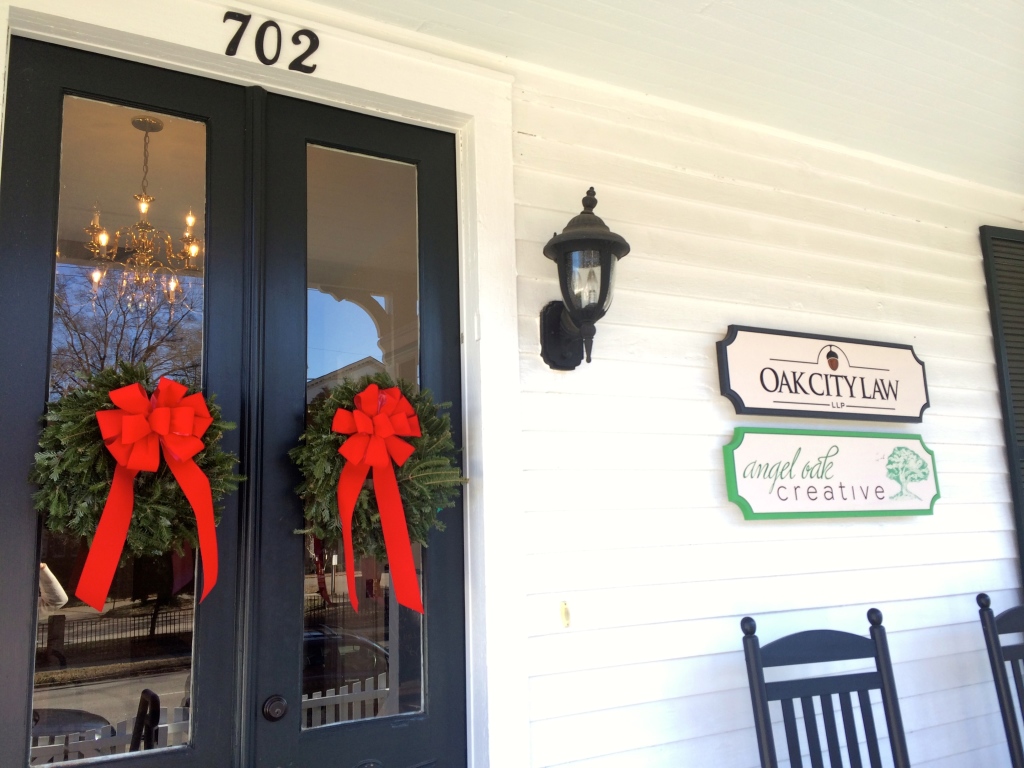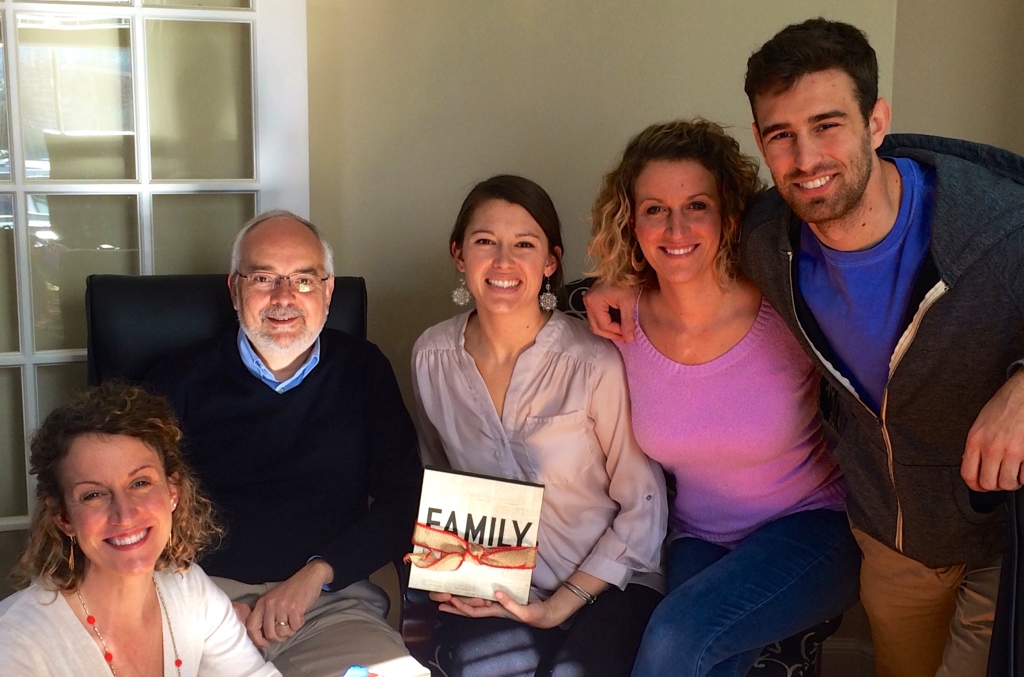Who bears the risk of material cost escalation in a construction contract?
Like the answer to too many legal questions, it depends. In this scenario, it depends principally upon what the contract says, but the distinction between change orders and equitable adjustment claims is key. For more information on how standard-form construction agreements treat price escalation – and what issues construction professionals and owners might want to consider when they negotiate price escalation terms – check out Caroline Trautman’s article in the July/August issue of Roofing Magazine.
Indemnification, Hold Harmless, and Tender of Defense Clauses: What are the limits?
If you are most people, it’s hard to read through indemnification, hold harmless, and defense clauses without your eyes glazing over. (That is, unless you’re reading through one after being sued, in which case the stress is probably keeping you very awake.)
Without a doubt, these provisions are legalese at its finest. But if property damage, tort claims, or other injuries arise from work done under a real property construction or design contract, these clauses can be extremely important. They can determine who will and won’t be responsible for paying for property damage and paying to defend lawsuits arising from it.
These clauses are often seen together, but there are three distinct components to understand:
1. Indemnification clauses obligate one party (the indemnitor/promisor) to compensate the other party (the indemnitee/promisee) for certain losses or damages.
Example: A plumbing subcontractor contracts with a general contractor to construct improvements at an apartment building. The parties’ written agreement requires the subcontractor to “indemnify and hold harmless the general contractor against any and all claims whatsoever relating to or arising out of the subcontractor’s work.” One of subcontractor’s installed plumbing fittings ruptures, and water leaks, damaging the owner’s property significantly. If the building owner sues the general contractor and the subcontractor, or just the general contractor, for the water damage, subcontractor will be obligated to pay the owner for the damage.
2. Hold Harmless clauses obligate one party (the promisor) not to sue, or hold the other party (the promisee) liable for certain losses or damages.
In the above example, because the contract also requires the plumbing subcontractor to hold the general contractor harmless, the subcontractor may not sue or make a claim against the general contractor for any damages arising from the plumbing work.
3. Tender of Defense clauses obligate one party (the promisor) to defend the other party (the promisee) against certain claims. These clauses are typically interpreted to require the promisor, or the promisor’s insurance carrier, to pay the legal defense costs of the promisee.
Despite what these clauses say or don’t say, many states have laws that limit the scope and enforceability of indemnification, hold harmless, and defense clauses and agreements. If these laws make certain clauses “void” or “unenforceable,” they probably take precedence over how a clause reads. Specifically, some statutes prohibit enforcement of these clauses if the result would force a promisor to indemnify a promisee for the promisee’s negligence. If parties litigate the enforceability of such clauses and they are found to be unenforceable, courts can sever the illegal or unenforceable clause and enforce the other, legal provisions of the contract. See, e.g., American Nat. Elec. Corp. v. Poythress Commercial Contractors, 167 N.C. App. 97 (2004), which involved a pay-if-paid clause.
In North Carolina, N.C. Gen. Stat. § 22B-1 addresses these clauses. Specific provisions differ depending on the date of contract formation.
Contracts entered into before August 1, 2019
For North Carolina construction contracts entered into, amended, or renewed before August 1, 2019, a promise to indemnify a party for damages arising from bodily injury or property damage wholly or partially caused by their negligence, is unenforceable in construction contracts. In other words, promisors (like contractors, subcontractors, or design professionals) cannot be forced to indemnify a promisee for the promisee’s negligence if the promisee’s negligence is the proximate cause of the injury. Contract clauses that require contractors to do so are unenforceable under N.C. Gen. Stat. § 22B-1.
However, in contracts that predate August 1, 2019, a promisor can be required to defend a promisee against claims or lawsuits that allege an injury arising from the promisor’s work or actions. This means that a contract clause requiring a promisor to defend a promisee against a lawsuit alleging property damage arising from the promisor’s work is enforceable, even if the injury isn’t the promisor’s fault. In our example above, the plumbing subcontractor will not be required to indemnify the general contractor for damages arising from the plumbing work unless it is determined – likely in court – that the plumbing subcontractor’s acts or omissions were the proximate cause of the injury. But if the contract contains a tender of defense clause, the plumbing subcontractor and/or its insurance carrier will probably be required to pay, at least initially, for the general contractor’s defense of the lawsuit, including legal fees and costs, even if it is determined that the plumbing subcontractor did nothing wrong.
Contracts entered into on or after August 1, 2019
For contracts entered into, amended, or renewed on or after August 1, 2019, the above restrictions on indemnification and hold harmless clauses still apply, but new, additional restrictions apply to tender of defense clauses. As amended in 2019, N.C. Gen. Stat. § 22B-1 renders tender of defense clauses unenforceable against design professionals “in, or in connection with, a construction agreement that includes design professional services or a design professional agreement … .” The statute states that a design professional cannot be obligated to tender defense for claims of damages or injuries proximately resulting from the design professional’s liability. (The statute defines “design professional” as those licensed under and providing professional services regulated by Chapters 83A, 89A, 89C, 89E, or 89F of the General Statutes; this generally includes architects, landscape architects, engineers, land surveyors, and geologists.)
The amended statute goes on to say:
“Nothing in this section shall be interpreted to exclude from any indemnity or hold harmless provisions enforceable under subsections (a) and (b) of this section attorneys’ fees, litigation or arbitration expenses, or court costs actually incurred by the promisee to defend against third party claims alleged in any court, tribunal, or alternative dispute resolution procedure required of the promisee by law or by contract, if the fault of the promisor or its derivative parties is a proximate cause of the attorney’s fees litigation [sic] or arbitration expenses, or court costs to be indemnified.”
It therefore appears that a design professional can eventually be required to pay a promisee for its defense costs and attorney’s fees after they are incurred, if it is determined in litigation that the design professional’s fault is a proximate cause of the attorney’s fees, costs, or expenses being incurred. (Note that the fault has to be the proximate cause of the fees being incurred, but not necessarily the cause of the injury or damage, in order to trigger the duty to pay defense costs.) But it appears that while other subcontractors can be required to tender defense of a claim in the claim’s early stages – when a lawsuit is filed alleging an injury arising from their work – design professionals are entitled to wait until matters are litigated, and proximate cause is determined, before they or their insurance carriers will be required to tender defense.
For specific guidance on indemnification, hold harmless clauses, or tender of defense clauses, contact an attorney licensed in your jurisdiction, or contact Caroline Trautman at caroline@oakcitylaw.com with questions.
Copyright © 2019 by Caroline L. Trautman
The Oak City Law and Angel Oak Creative families gathered together for a holiday luncheon at the office the week before Christmas. Everyone brought a yummy dish and we all got to enjoy one another’s company while celebrating the most wonderful time of the year. There’s nothing like a little red velvet cake to put you in the holiday spirit!


Curamericas Global is an international NGO working to support and empower community based health care in developing countries. Curamericas Global currently works in Guatemala, Liberia and Kenya addressing the causes of maternal and child mortality. Its work is ongoing in Liberia where its focus has shifted from maternal and child health to Ebola prevention and monitoring. In June of 2014, Rob Fields was part of a fact finding trip to Guatemala evaluating the work of Curamericas Guatemala in providing maternal and child health solutions and interventions in rural Guatemala among various Mayan communities.
Oak City Law is privileged to be a supporter of the annual Band Together benefit concert held in Raleigh, North Carolina. From Lyle Lovett to Hall and Oates, to Michael Franti and the B-52’s, Band Together never ceases to amaze us by bringing stellar performers to Raleigh to support wonderful causes. The 2014 main event raised money for Communities in Schools of Durham and Wake County, and the 2013 main event partnered with the Tammy Lynn Center for Developmental Disabilities. In 2015, Band Together will be working with StepUp Ministry. We are proud to say we are supporters of Band Together and all of these meaningful causes!
Oak City Law had its first annual Puerto Rican boil. All in attendance were well fed and had a great time.